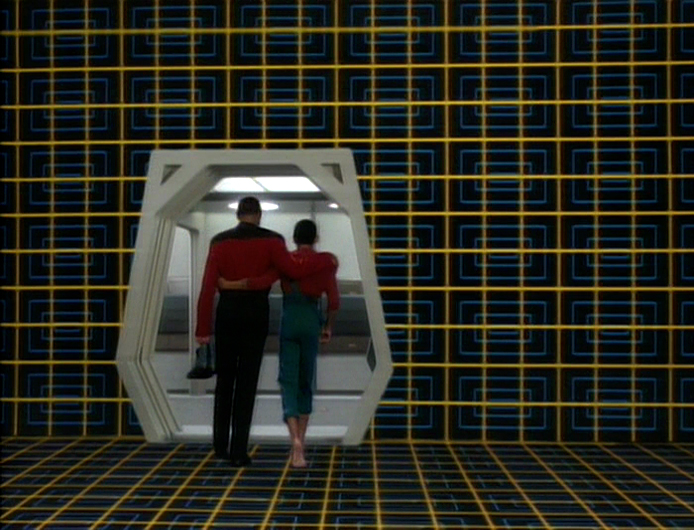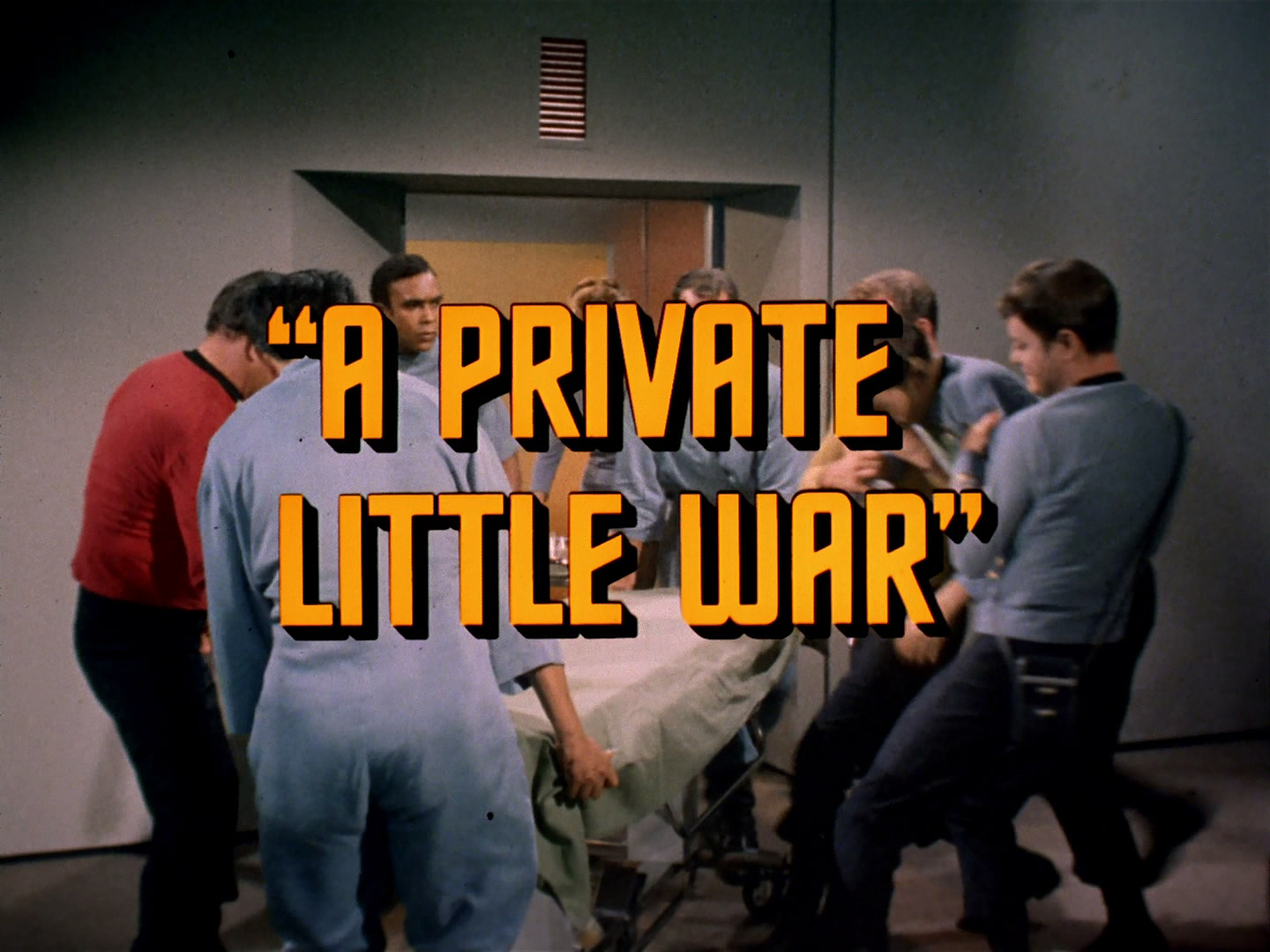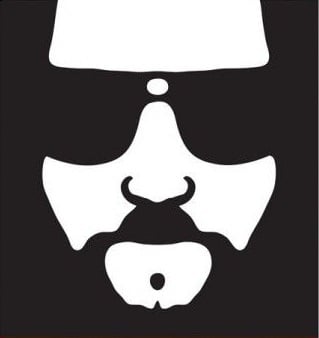Indeed Daniel Jackson
Technically in Stargate there were actual gods… though they predated upon the prayers offered to them iirc.
Oh wait no, that was it’s sequel, Atlantis.

Oh wait no, that was pretty much the entire thing:-).

They were just aliens. Goa’uld, Ancients, Ori, etc. The franchise made it clear that none were actual gods; they were each just a different species that had abilities and technology that humans do not. And they would often use those to make others think that they were gods.
EDIT: I guess you could argue that Ascension makes one a god
Ascension is what I meant in my first part yes, and then in the second I ofc meant “gods” in quotes like that:-).
iirc Ascension makes one into literally a higher being as in existing on a higher plane somehow. So basically bacteria compared to humans, at which point yeah calling them gods (in comparison at least) seems to somewhat fit. Or like, at that point there seems no functional difference?
Tron explored that a bit: the “players from the real world” being a class of higher-dimensionality being than themselves as mere programs. And then I suppose even more than that would be the programmers who literally created the artificial world.
So by extension, what about like those bacteria that we genetically design, to produce higher insulin for example - although not a perfect one bc we only inserted a gene in that particular case - are we not “gods” to them?
And that’s where Star Trek really comes in to shine in such a formulation, where they explored that via the holodeck: they literally created beings (such as Moriarty) along with their entire worlds and existences - every person, every molecule of air that they breathe, every single thought inside of their heads, etc. - and then whenever they choose they shut it all down and walk away, going back to work on a Monday. And don’t the higher beings have that “right”, to shut it down and go back to work? Or must they leave every world that they create running, for its own sake? Hence they act as literal gods to them, deciding the fate of their entire universe on a mere whim.


Everyone knows that you convert people by sending a single priest and having him wave at you and say “ar warw”. Then you get a different colored shirt and join the good side


Isn’t it hot?
Extremely
Makes me laugh every time.

A war going on changes everything, doesn’t it?
Anyway, the people they were sharing with weren’t naive societies that didn’t know there was life elsewhere on the galaxy. For those ones, they just presented themselves, warned about their enemies, and moved on trying to make the minimum possible impact.
A war going on changes everything, doesn’t it?
I think you need to watch this…

The answer is “yes, sometimes for the worse.”

Almost always for the worse. Possibly always.
Maj. Gen. Hammond: “Colonel, the United States is not in the business of interfering in other people’s affairs.” Colonel O’Neill: “Since when, sir?”
Also, prefer the Stargate approach, but recognise Star Trek is likely more responsible.
Elsewhere in the galaxy…

The Doctor also has a Prime Directive:

(From Nightmare of Eden)
The Time Lords (in the classic series, at least) behaved similarly to Starfleet (IIRC, they even established a non-interference rule after the events described in “Underworld”). The Doctor would no doubt agree with SG1’s goals much of the time, just not their methods (with the exception of the Sixth Doctor, I can’t recall any of them actually using a gun).
They were much stricter than Starfleet. They believed in total non-interference, just observation. That’s why the Celestial Intervention Agency was formed, so the High Council could secretly interfere.











